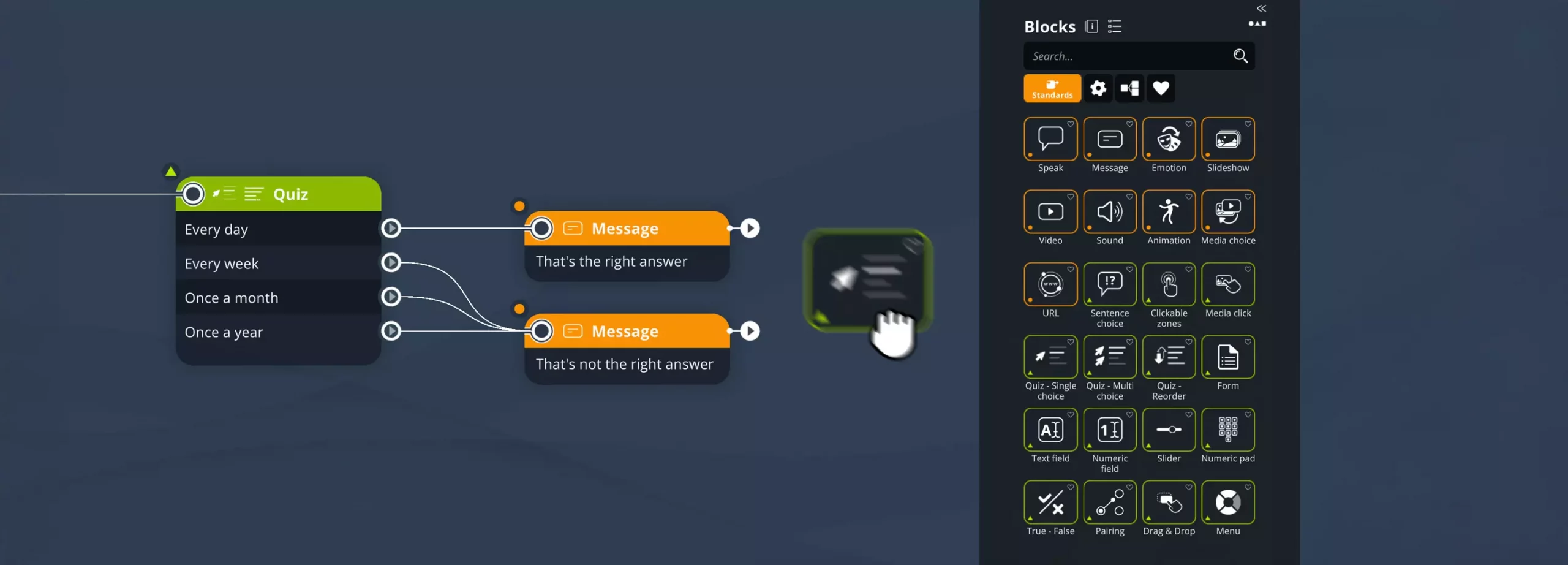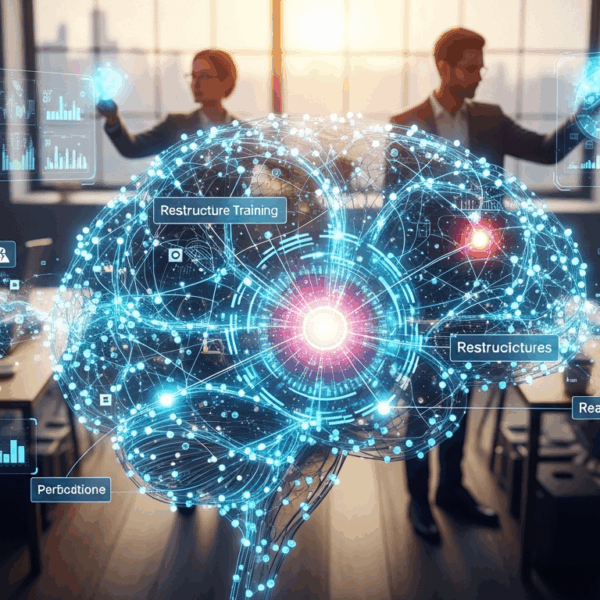In a hospital, EHPAD or medico-social center, training is never just a “plus”. It is central to the quality of care, patient safety and skills maintenance. But in a context where teams are under constant pressure, how can they be trained effectively without increasing their mental workload? How to digitize......
In a rapidly changing work environment, professional training has never been more critical. But given the diversity of profiles, skill levels, and needs, one question arises: can we still offer the same training to everyone? Increasingly, digital learning stakeholders are realizing one essential fact: e-learning must adapt to the learner,...
For the past few months, generative AI — embodied by tools like ChatGPT, DALL·E, and Runway — has been shaking up the norms across many sectors, including distance learning. Automated content creation, talking avatars, educational videos generated in just a few clicks: the promises are vast. But amid this rapid...
Gamification is a powerful strategy to improve engagement and learning in e-learning modules. By incorporating game mechanics, you can boost learner motivation and promote better knowledge retention. However, some errors may compromise the effectiveness of this approach. Here are the main mistakes to avoid when creating a successful gamified e-learning...
Artificial intelligence (AI) is profoundly transforming the field of digital learning, offering unprecedented opportunities to personalize learning, automate tasks and improve learner engagement. However, this technological revolution also raises major ethical questions. How to ensure responsible use of AI in the field of training? What good practices should be adopted...
The Learning Technologies France 2025 trade show, which took place on 29 and 30 January in Paris, once again brought together the major players of digital learning. This unmissable event highlighted the latest educational innovations and challenges that companies must face to effectively train their employees in a changing world....
VTS Editor 7.0.3 is available! This new version brings 104 new synthetic voices, several fixes and optimizations to improve your experience. The goal? Offer more choice for creating your scenarios and fix some bugs for a more fluid use. Find out more about what’s changed in this update. New synthetic...
Digital learning is expanding, yet many companies find that their online training does not meet the goals set. High drop-out rates, low learner engagement, difficulty measuring impact… Why do these e-learning courses fail and, above all, how to reverse the trend? According to a study by Brandon Hall Group, only...
No-code: digital development accessible to all No-code is the idea of being able to create applications, websites or digital tools without having to write code. Code is a complex computer language that can be understood by a computer and used to instruct it to create software, websites or applications. In...
Neuroergonomics is transforming the way we design training programs. By leveraging cognitive mechanisms and the brain’s natural needs, it enables the creation of more effective and engaging learning experiences. Neuroscience reveals that the brain has limits in managing information. Poorly designed training can lead to cognitive overload and frustration. In...

















